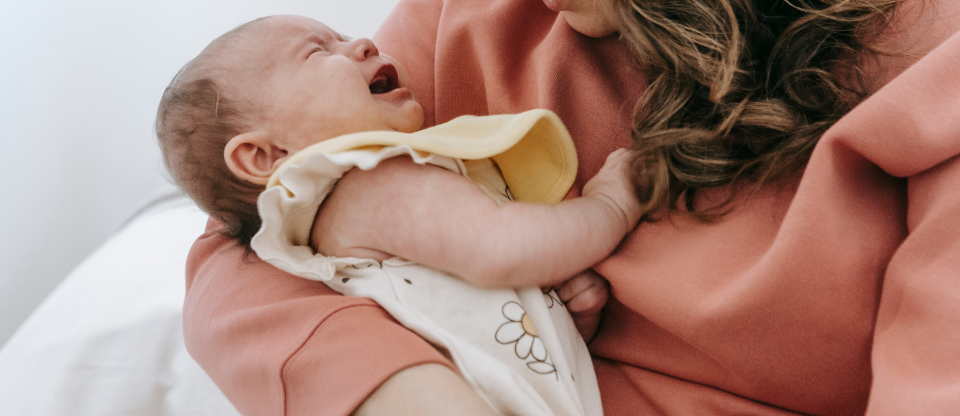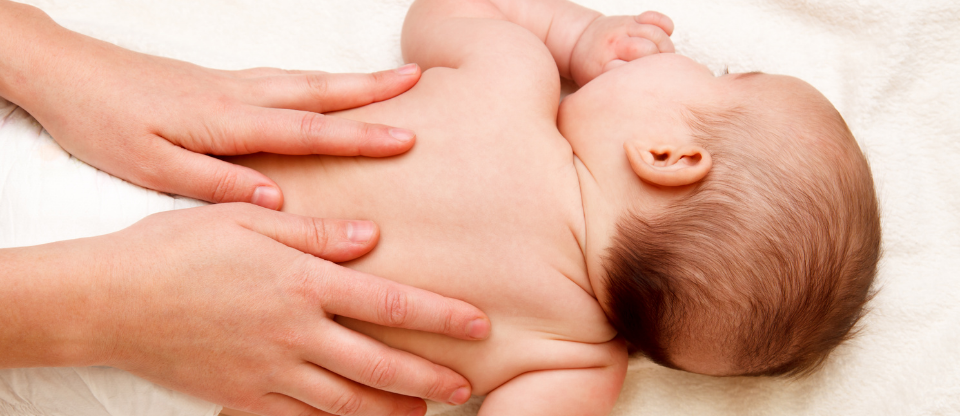
The babocush comfort cushion has many benefits for newborn babies aged 0-6 months. Very often, parents note how quickly their baby settles on the cushion. There are numerous testimonies from...
10 Foods to Avoid While Pregnant
When you're pregnant, there are some things you shouldn't eat because they could make you sick or harm your baby. Make sure you're aware of...
Best Sleeping Positions For Gassy Babies
Gas problems are typical in babies whose digestive systems are still developing. If your new born is having difficulties sleeping due to gas pains, you...
Acid Reflux (GERD) In Babies: Causes, Symptoms and Treatment
It’s very common for babies to spit up after feeding. This is known as gastroesophageal reflux or GER. However, if your baby frequently vomits and...
Postpartum Recovery Tips For New Moms
So you’ve finally made it through the triumphant journey of pregnancy and long hours of labor and you’re officially a mom. Congratulations! Now comes the...
Silent Reflux in Babies: Causes, Symptoms, Treatment
Reflux is a common problem in babies, and it usually starts in the first two months of life. More than half of babies spit up,...
What Is The Safest Sleep Solution For My Baby With Reflux?
Unfortunately for both parents and babies, reflux can have a dramatic effect on a baby's ability to fall asleep and stay asleep. Thankfully, there are steps...
How To Spot The Difference Between Colic & Silent Reflux
Colic and silent reflux are two very difficult conditions to deal with in your baby’s early stages of development. Both of these conditions are extremely...
How To Play With Your Newborn To Encourage Development
Newborns learn to move, communicate, socialize and understand the world around them through play. How you interact with your baby is key to their development...
Baby Massages For Trapped Wind
All babies have wind, which is essentially air bubbles in their stomach. It's only when these air bubbles become caught in the stomach as a...








